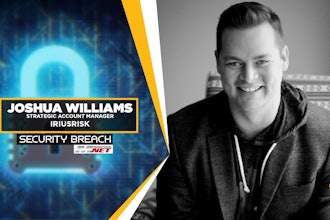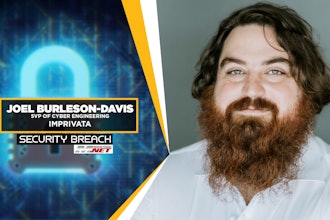The energy industry in Texas continues to struggle. A cold snap in February led to blackouts that left millions of citizens without power. When the power went down, the death toll rose and, while 151 deaths have been attributed to the grid failure, a new report from Buzzfeed News links another 550 deaths to the catastrophe.
Part of the problem was communication. The grid was overstressed, and citizens set thermostats high to pump as much heat out of the furnace whenever the power popped back on. While the Electric Reliability Council of Texas (ERCOT) urged Texans to minimize the use of large appliances and keep thermostats as low as possible, many chose not to comply or never received the message.
Now, Texas is in the middle of a heatwave, and ERCOT is again asking residents to conserve energy to relieve the grid. However, this time the group in charge of Texas's electrical grid is taking more control over the situation, and it is reigniting fears many have had over the internet of things and a more connected society.
Some residents in the Houston area woke up sweaty and noticed that someone had been messing with the thermostat. After ERCOT asked residents to take it easy on the AC, many didn't listen. Some people had medical conditions or young children, some didn't get the message, and others refused to comply. That's when residents noticed that their "smart" thermostats were turned up and later received an alert saying that the change was part of a three-hour "energy-saving event."
The remote access was traced to a "Smart Savers Texas" demand response program managed by EnergyHub, a company that manages multiple electric grids across the U.S.
According to a report by KHOU, some customers entered sweepstakes that gave EnergyHub access to control their thermostats during periods of high energy demand. Residents can opt out of the program, but the concern is that many didn't know they were in it.
The event raises concerns over who can manipulate personal connected devices.
The news comes just a couple of weeks after Amazon was exposed for sharing the personal internet connection of anyone who owned an Amazon smart device. Sure, these are programs that you can opt-out of, but the problem comes when people don't know that they ever opted in.
The joke about IoT has long been: "Why do I need a smart fridge?"
We are sold on the prospect of smart, connected devices providing actionable data to make our lives easier or provide energy savings. Still, this story offers more fuel for the fire for those with Big Brother concerns.






















